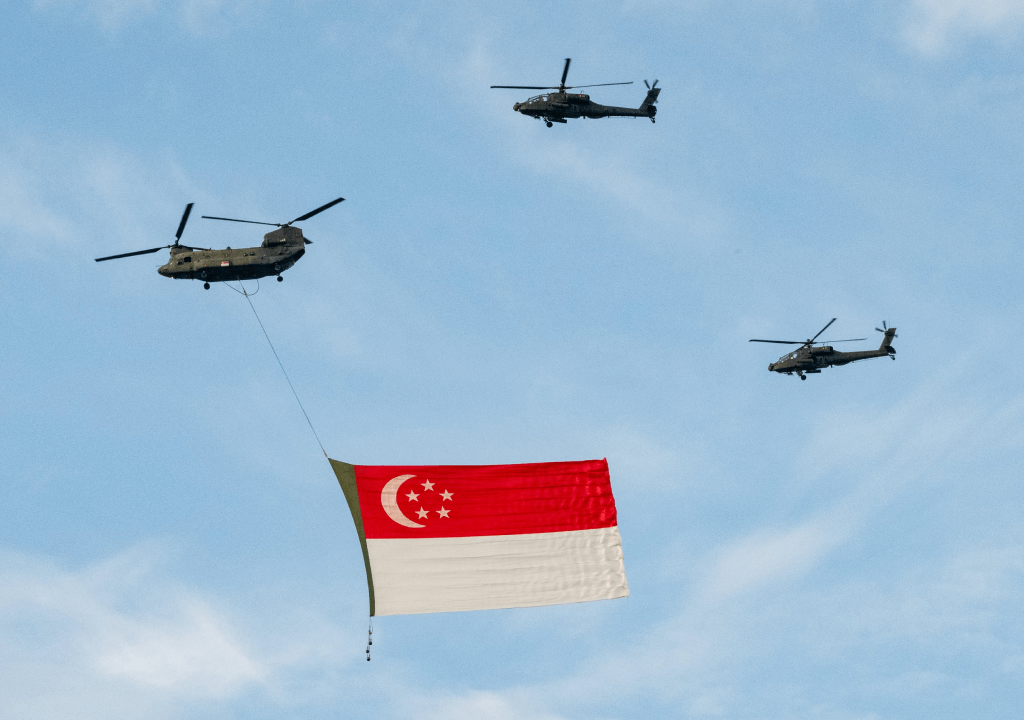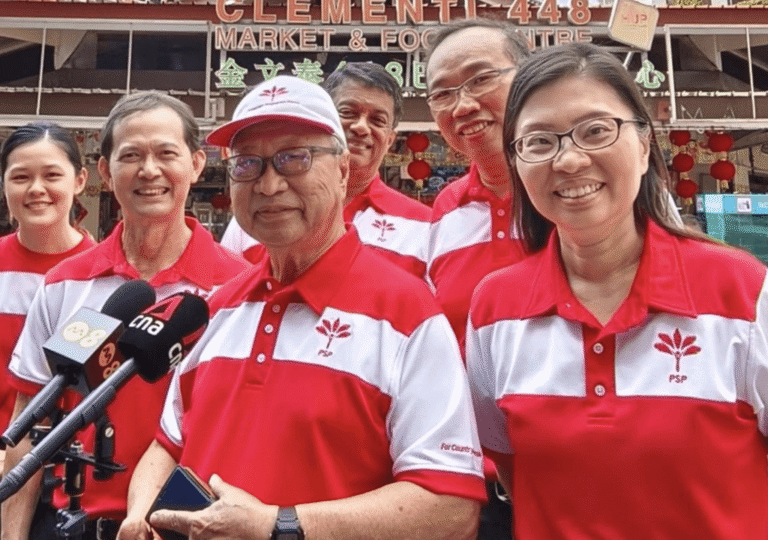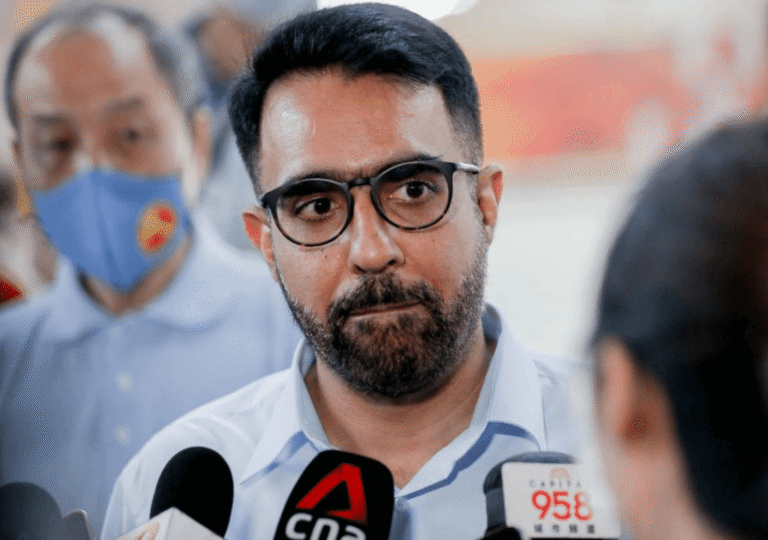Singapore got a new president in 2023. In September, Mr. Tharman Shanmugaratnam, a prominent figure in Singapore’s ruling party, secured an unprecedented victory in the Presidential Election, commanding a substantial 70.4% of the votes. While this outcome surprised observers, it also raised questions about whether his triumph stemmed more from his personal charisma than from an endorsement of the ruling People’s Action Party (PAP).
The presidential elections, held on September 1, 2023, marked the sixth public occurrence of such elections, with only the third featuring multiple candidates. Incumbent President Halimah Yacob, who had run unopposed in 2017, opted not to seek reelection.
The three contenders for the non-partisan position were Tharman Shanmugaratnam, Ng Kok Song, and Tan Kin Lian, all of whom were independent candidates or had resigned from any previous political affiliations. Against the backdrop of the government grappling with challenges like inflation and housing, a series of unprecedented political scandals in recent months had further strained its standing. Many viewed the election as a referendum on the PAP’s performance, with Mr. Tharman strategically positioned as the “government-endorsed” candidate to appease a restless electorate— a tactic that appeared to unfold as intended. Positioning himself slightly to the left of the party line and embodying a more progressive and reformist image of the PAP, Mr. Tharman garnered broad appeal, even among anti-establishment voters, in stark contrast to his less organized rivals.
Tharman assumed the role of the ninth president of Singapore on September 14. However, his presidency seems to have made minimal impact on reshaping Singapore’s political power dynamics.
Deputy Prime Minister Lawrence Wong is set to lead the People’s Action Party’s (PAP) fourth-generation team in the upcoming general election, taking over from Prime Minister Lee in anticipation of the polls.
The next general election is slated to occur by November 2025. This transition signifies that Deputy PM Wong will lead his party during the forthcoming general election campaign, aiming to secure his own mandate. It also marks the conclusion of PM Lee’s tenure as the head of government, a role he has held since 2004.
Throughout this Tenure, Lee has been at the helm of pivotal infrastructural developments like Marina Bay and significant socio-economic policy initiatives such as the Progressive Wage Model, along with the Pioneer and Merdeka Generation Packages.
Singapore faced an unprecedented scenario in 2023, as five parliamentary seats stood vacant due to various incidents—a situation unparalleled since the nation’s independence. Adding to the complexity, Transport Minister S. Iswaran has been on leave of absence since July 2023, refraining from his ministerial and MP responsibilities until a completion of the Corrupt Practices Investigation Bureau (CPIB) probe into allegations against him. In the past year, the ruling People’s Action Party (PAP) Government encountered a series of rare scandals, including an ongoing corruption investigation involving Transport Minister S. Iswaran, the Speaker of Parliament’s resignation due to an extramarital affair, and a hot mic incident.
Renowned for its clean and tough stance on corruption, the PAP acknowledged that the party had suffered a setback. However, these setbacks are occurring amidst challenges such as soaring housing costs and a growing political diversity. The resale market paints a picture of skyrocketing costs in this tiny city-state, where the majority—80% to be exact—live in public accommodation. As the country continues to prepare for the next 2024 General Elections, an interesting performance is taking place, one that considers the potential misinterpretation of Tharman’s dominant 70.4% vote share. While it struggles with the complex demands of the electorate, the ruling party is left feeling uneasy and precarious amid this political spectacle.







